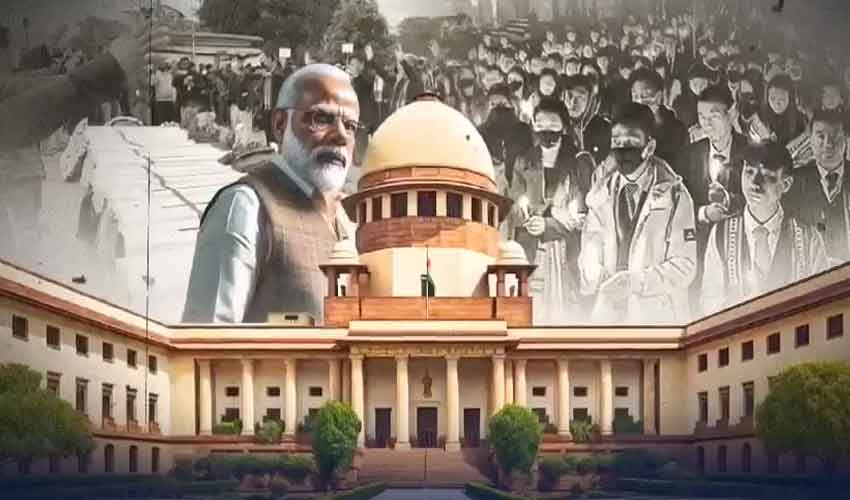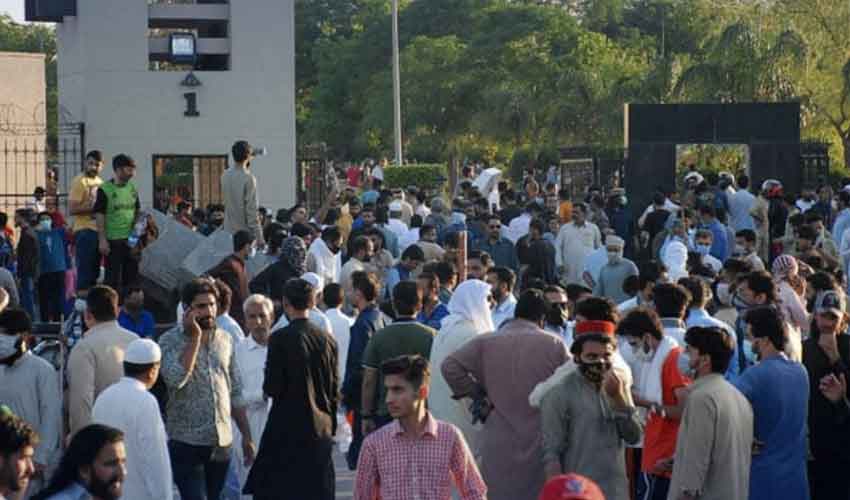A centuries-old mosque in Sambhal, India, has become the center of a legal dispute as local groups have filed a court petition claiming the structure was built over an ancient temple site.
The controversy has led to violent confrontations resulting in four fatalities among worshippers, with local authorities implementing road closures and enhanced security measures to maintain order in the area.
Mashood Ali Farooqui, a mosque administration member, states they possess complete documentation proving the mosque's original construction. "Despite having all the necessary documentation, this case could take 10 to 20 years to resolve," Farooqui told reporters.
Opposition leaders have characterized the dispute as politically motivated rather than religious, suggesting it may be aimed at influencing upcoming electoral demographics in the region.
Human rights activist Sucheta Mahajan has expressed concern about what she describes as "misuse of historical narratives to create new traditions." Meanwhile, Hindu nationalist leader Rakesh Kumar Jain claims to have government support for the temple assertion.
Legal expert Shaikh Alam notes that Indian law provides equal civil rights to all citizens regardless of religion. "According to the Constitution, the status of places of worship cannot be altered," Alam explains, citing relevant constitutional provisions.
The dispute has prompted broader discussions about religious freedom and property rights in India, with various community leaders and legal experts weighing in on the constitutional implications of such cases.
Local authorities have implemented additional security measures around the site while the legal proceedings continue. The mosque remains accessible for regular worship under enhanced protection protocols.
The case has drawn attention from constitutional experts and civil society organizations monitoring the preservation of religious heritage sites and community relations in India.
Both parties await court proceedings, with the mosque administration preparing to present historical documentation while opposing groups gather evidence for their claims regarding the site's original status.


























